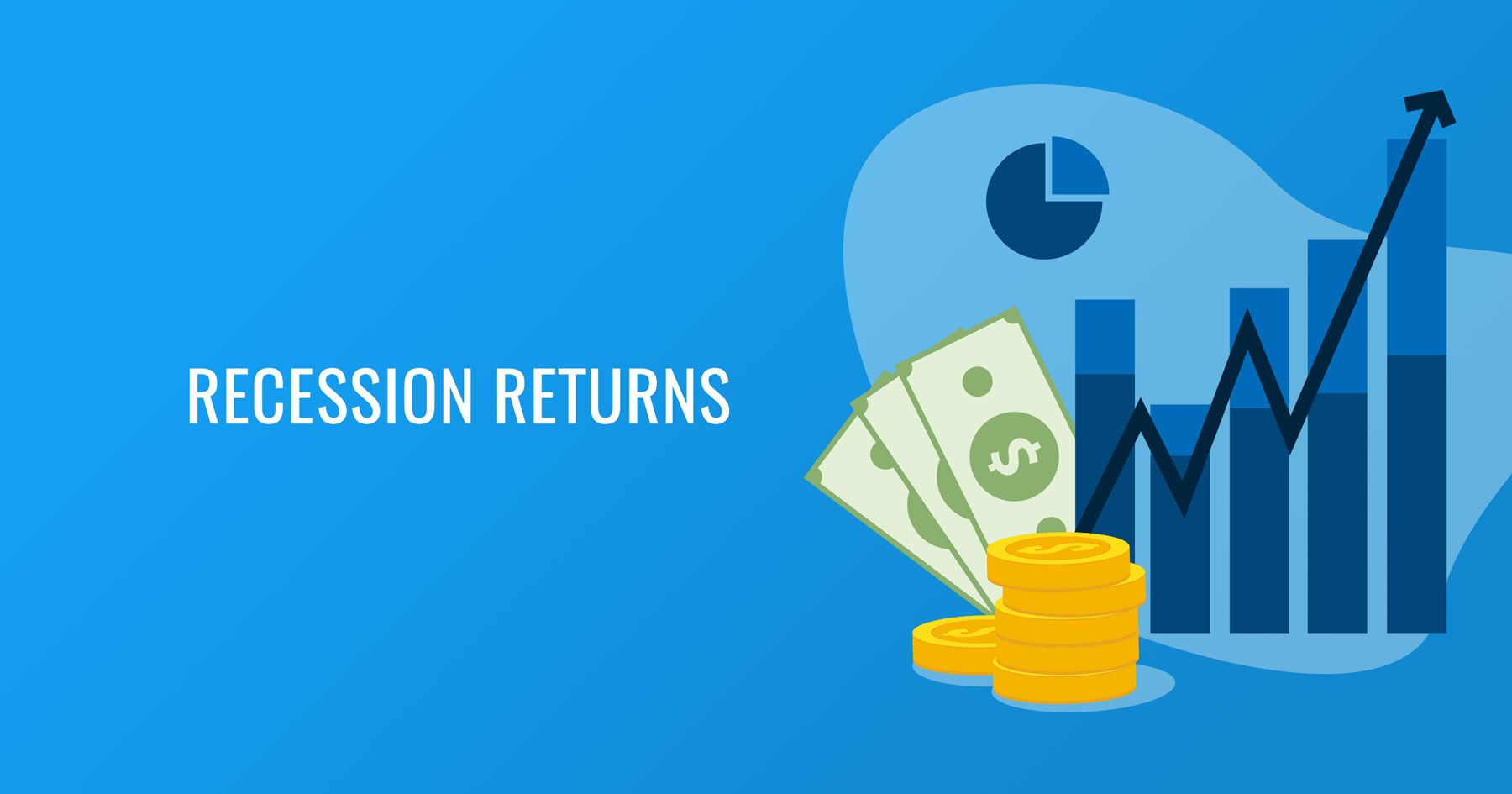Twelve months ago, the consensus view was that the US economy would tip into a recession in 2023. Some advisors went so far as to suggest that investors swap all their stocks for cash in anticipation of a looming recession. Mostly everyone, including the federal reserve itself, did not anticipate the soft landing the US economy has achieved thus far.
Of course, circumstances can change on a dime, and we could still see a recession in 2024. However, a lesson learned in 2023 is that trading a portfolio based solely on upcoming recession expectations can lead to undesirable outcomes.
When an investor oscillates between invested and not invested, there are two difficult decisions at hand: 1. when to sell, and 2. when to buy back in. Decades of market data show that nobody can predict recessions or stock downturns consistently, not even the world’s most renowned investors. Thus, selling and subsequently buying back in often leads to inferior returns.
But let’s pretend for a moment that you suddenly have magical powers to spot upcoming recessions. Does this predictive ability allow you to outperform the market?
Let’s say you decided to sell 6 months before each of the 30 most recent recessions, going back to 1871. Did you save yourself money? No, you actually missed out on positive returns in 21 out of those 30 six-month periods. Even if you saw a recession beginning in 6 months, you’d still be better off holding stocks in the months leading up to it.
Now let’s say you can perfectly predict not only when a recession will start, but also when it will end. If you sold stocks six months before each of the past 30 recessions and bought stocks back the exact day the recession ended, how often would you have saved yourself money? It turns out, only 15 out of those 30 occasions. No better than a coin flip.
In the periods beginning six months before and ending six months after each of the past 30 recessions, the stock market was positive 22 times, indicating that as long as investors hold on through tough times, the end result is often positive.
This is not to say that investors need to stay 100% invested 100% of the time – far from it. There are many factors to consider when determining how exposed to the market one should be. The broader point is that anticipation of recession or a “hard landing” should not be a sole determining factor in determining one’s exposure to the market, as evidenced in 2023.
Ready to start planning for a brighter future? Call today at (408) 840-4030, or contact our team online.

